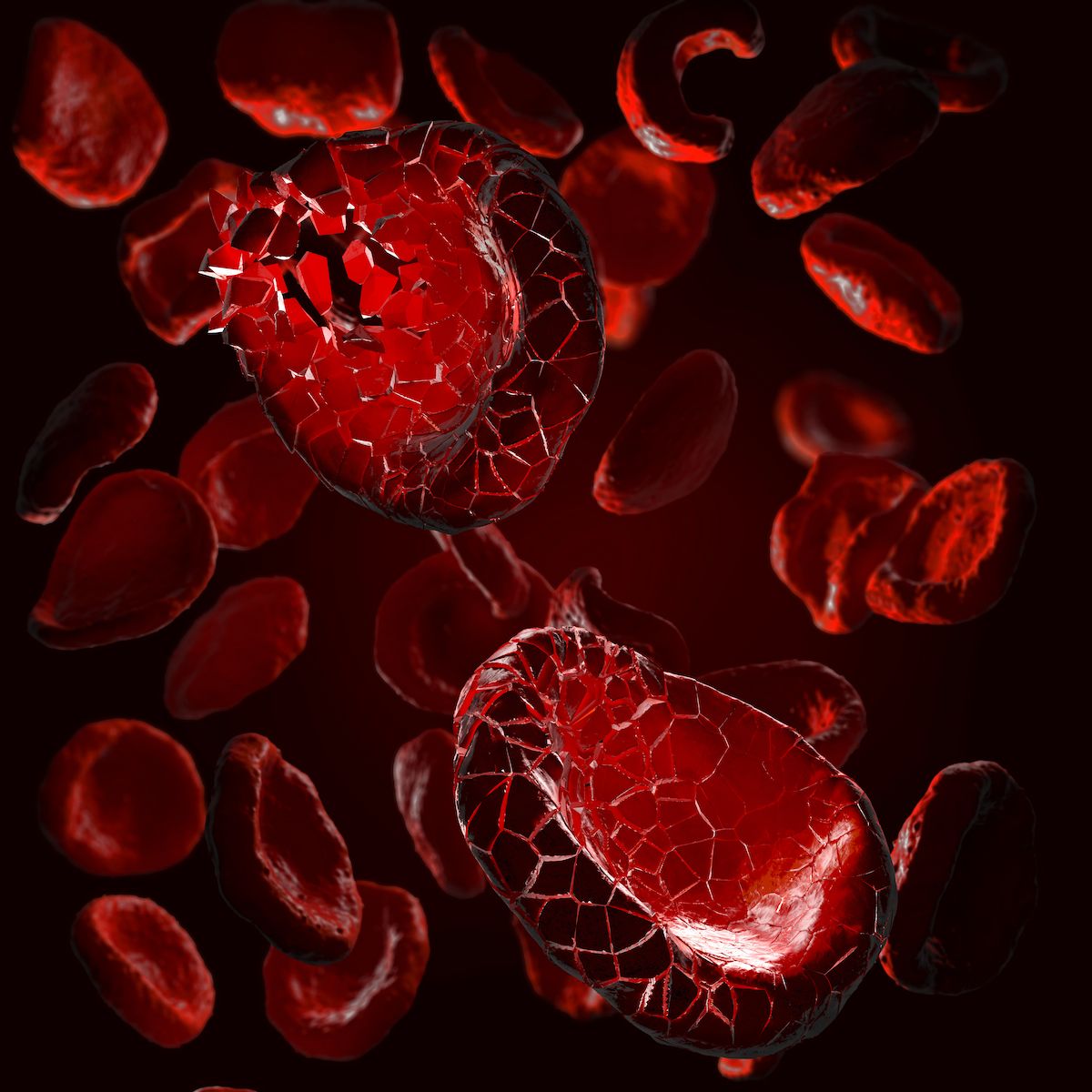European Commission OKs Epcoritamab for R/R Diffuse Large B-Cell Lymphoma
The conditional marketing approval of epcoritamab in relapsed/refractory diffuse large B-cell lymphoma is based on data from the phase 1/2 EPCORE NHL-1 study.
Epcoritamab was approved by the FDA for relapsed/refractory DLBCL not otherwise specified or arising from indolent lymphoma and high-grade B-cell lymphoma after 2 or more previous lines of therapy in May 2023.

The European Commission has granted conditional marketing authorization approval to epcoritamab-bysp (Tepkinly) for the treatment of adult patients diagnosed with relapsed/refractory diffuse large B-cell lymphoma (DLBCL), according to a press release from Genmab.1
The regulatory decision marks the first approval of a subcutaneous T-cell engaging bispecific antibody in this indication for the European Union, Liechtenstein, Norway, and Iceland. The conditional approval was based on findings from the open-label, multi-cohort, single arm phase 1/2 EPCORE NHL-1 study (NCT03625037), which included 139 patients with DLBCL.
Of this population, 62% of patients treated with epcoritamab achieved a response, 39% of whom had a complete response. The median duration of response was 15.5 months (range, 9.7-not reached).
Common adverse effects reported during the trial included cytokine release syndrome, fatigue, neutropenia, injection site reaction, musculoskeletal pain, abdominal pain, pyrexia, nausea, and diarrhea.
“With [epcoritamab], people in Europe living with relapsed or refractory [DLBCL] who are in need of additional treatment options now have a readily available, innovative therapeutic option for this aggressive cancer,” Jan van de Winkel, PhD, chief executive officer at Genmab, said in the press release. “Today’s approval underscores our commitment to bringing our bispecific antibody to more patients worldwide. We’re excited to continue working with our partner AbbVie to further explore epcoritamab as potential core therapy across B-cell malignancies.”
Notably, as the approval was a conditional marketing authorization, subsequent confirmatory data will be required to maintain the marketing authorization.
Epcoritamab was approved by the FDA for relapsed/refractory DLBCL not otherwise specified or arising from indolent lymphoma and high-grade B-cell lymphoma after 2 or more previous lines of therapy in May 2023.2 The decision was also based on data from the phase 1/2 EPCORE NHL-1 study.
References
- Genmab announces European Commission approval of TEPKINLY® (epcoritamab) for adults with relapsed or refractory (R/R) diffuse large B-cell lymphoma (DLBCL). News release. September 25, 2023. Accessed September 26, 2023. https://bit.ly/48vBAWt
- FDA grants accelerated approval to epcoritamab-bysp for relapsed or refractory diffuse large B-cell lymphoma and high-grade B-cell lymphoma. News release. FDA. May 19, 2023. Accessed September 26, 2023. bit.ly/45j0zeg
Highlighting Insights From the Marginal Zone Lymphoma Workshop
Clinicians outline the significance of the MZL Workshop, where a gathering of international experts in the field discussed updates in the disease state.